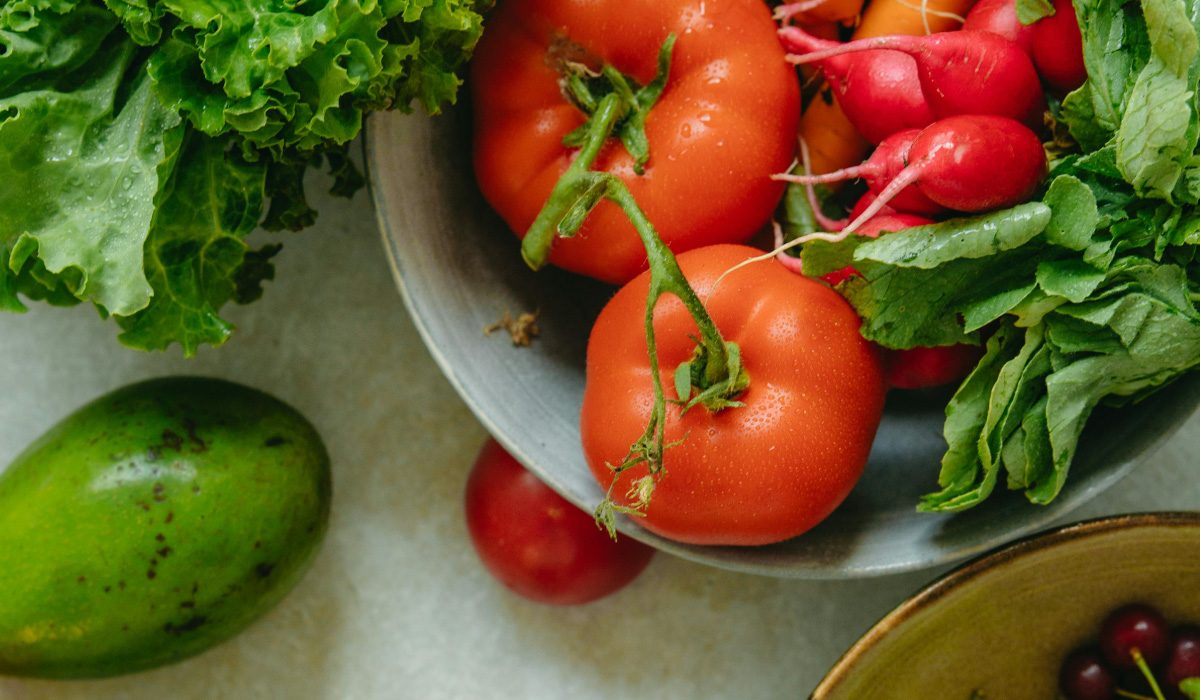More and more people are joining the Real Food movement, aware that eating well not only benefits health but also the environment; that’s why they enjoy the taste of a juicy apple, freshly cooked eggs, a crispy salad… or even a glass of water!
This movement promotes fresh and minimally processed foods, a return to essentials, to those that maintain their nutritional properties intact. If you’re already on this path, congratulations! You’re probably part of the Real Food “club” without even knowing it, just like our grandparents were, who ate more simply with what the land and sea provided. But if you’ve recently given in to the temptation of processed foods, don’t worry! We encourage you to make the switch to a more natural diet. It’s always a good time to reconnect with the authentic!
Although we could say that Real Food has existed since the beginning of time, it has gained popularity in recent years, as our daily habits (stress, lack of time, etc.) often push us towards quick, ready-made food, which is rarely the healthiest.
Food classification
You’re probably familiar with the typical food pyramid, which placed daily consumption foods such as vegetables, fruits, or whole grains at the base, and ultra-processed foods like pastries, deli meats, or fast food at the top. The NOVA classification, created in 2010 by the School of Public Health at the University of Sao Paulo, establishes four food groups:
- Fresh or minimally processed. Foods that reach the table just as nature offers them, without processing or altering them. These are the vegetables that grow in the ground (like Urbanfresh’s microgreens and microleaves), in fields, on trees, and those that come from animals, or are found in seas and rivers.
- Processed ingredients. Derived from fresh foods to facilitate recipe preparation, so they are not designed to be consumed on their own. These include oil, butter or salt.
- Processed foods. Made from the first two groups with minimal transformation, just enough to improve their preservation or make them easier to consume. For example, canned legumes, vegetables or fish preserves and cheeses.
- Ultra-processed foods. Artificial products, low in nutritional value and high calories, sugars, and fats. These are unhealthy foods loaded with additives.
As you might imagine, it’s ideal to regularly consume fresh and natural foods (groups 1, 2, and 3) to maintain physical and mental health. Just what the mediterranean diet offers!
Real Food and Slow Food
These are two ways of eating to live well. One promotes a diet that respects natural production times and food quality (Slow Food), and the other focuses on eating fresh and minimally processed products that nourish the body and soul (Real Food). Both philosophies complement each other by advocating for conscious, sustainable and nutritious eating.
Are you more into Real Food, Slow Food, or both? Tell us in the comments!



